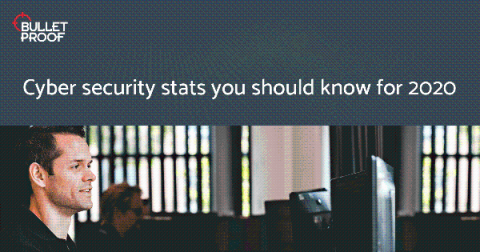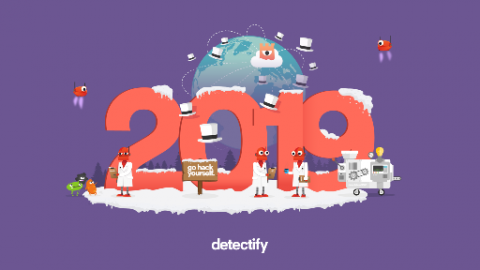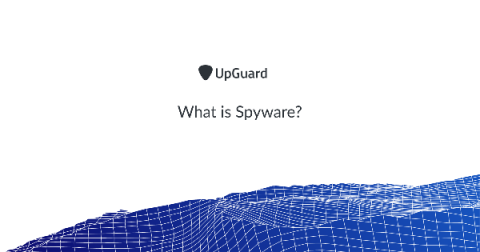15 must-know cyber security stats to inform your 2020 security strategy
Throughout the year, we have conducted hundreds of penetration tests. 20% of all tests contained a critical to high flaw. We define a critical issue as a flaw which poses an immediate and direct risk to a business. Having a critical flaw in an app or network will leave you vulnerable to a costly, reputation damaging data breach. Among these, default or poor passwords, as well as access control issues make up a large portion with outdated software being the worst offender.









